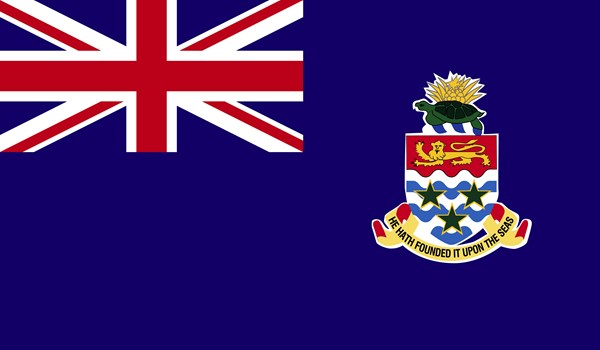Today, the EU Council approved an ECOFIN report on tax issues (the “Report”), according to which the European Council confirms discontinuation of work on the proposal for a Council Directive laying down rules to prevent the misuse of shell entities for tax purposes and amending Directive 2011/16/EU submitted by the EU Commission on 22 December 2021 (the “Unshell Directive”).
According to the Report, on 27 May 2025, the Working Party on Tax Questions (“WPTQ”) held a pivotal exchange of views on the future of the proposed Unshell Directive, a legislative initiative originally intended to prevent the misuse of shell entities for tax purposes.
Delegations expressed concern over potential overlaps between the hallmarks in the Unshell Directive proposal and those already established under the Council Directive (EU) 2018/822 of 25 May 2018 amending Directive 2011/16/EU as regards mandatory automatic exchange of information (‘AEOI’) in the field of taxation in relation to reportable cross-border arrangements (“DAC6”), warning that this could lead to duplicative reporting obligations and increased administrative burdens for both taxpayers and tax authorities.
In line with the EU’s broader tax simplification and “decluttering” agenda, many Member States advocated for a streamlined approach that avoids redundant compliance requirements and disproportionate implementation costs. EU Member States reached a broad consensus that the objectives of the Unshell Directive proposal— namely, enhancing tax transparency and combating aggressive tax planning—could be more effectively achieved through targeted amendments to existing frameworks, particularly DAC6.
As a result, it was broadly agreed that the Council should abandon its analysis of the Unshell Directive proposal. This decision is welcome as it aligns with the principles of regulatory efficiency and competitiveness, and it reflects a shift in focus toward refining existing instruments rather than introducing new, potentially overlapping legislation.
What’s next? The European Commission is now expected to finalise its ongoing analysis of the Directive 2011/16/EU (“DAC”) that follows its past consultation on the functioning of DAC in 2018-2022. In this context, the Commission evaluates whether the scope and purpose of DAC are still relevant and if DAC addresses the challenges faced by Member States. It also considers the effectiveness of the DAC and whether the information exchange is usable in terms of completeness, quality and timeliness.
As a result, the Commission may propose targeted updates to DAC in the near future. Stakeholders should thus monitor developments closely, particularly any forthcoming directive proposals that may reshape the reporting landscape under DAC6 to insert or amend hallmarks targeting shell entities for tax purposes.



